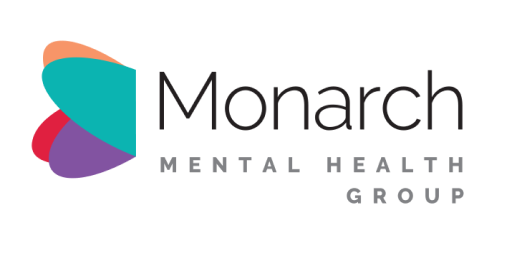Does your patient need next-step treatment?
First- or second-line treatment will be successful for many patients with depression, anxiety, and related mental health conditions. But it won’t be enough for everyone.
It is estimated that only 60-80% of patients with anxiety disorders will experience at least a 50% improvement with first-line treatment.1,2 And it is estimated that up to 30% of people prescribed antidepressants for major depressive disorder are treatment resistant.3
It is a similar story for people with other mental health conditions including Obsessive Compulsive Disorder and Post Traumatic Stress Disorder.
A major paradigm shift in the management of treatment-resistant mental health conditions is underway. Neurostimulation is now MBS-funded, a novel drug treatment has been indicated specifically for treatment-resistant depression, and there has been a significant increase in funding for research into the use of psychedelics. For the first time, patients with treatment-resistant mental health conditions can access novel and highly effective therapies as the next step towards recovery.
Are you a GP or psychologist looking for fast access to affordable specialist care for your patients?
When you refer a patient to The Monarch Clinic - you are referring to specialist care. The Monarch Clinic Australia offer fast intake and access to specialists with expertise in next-step mental health treatments. Our psychiatrists will asses your patient and prescribe the treatment best suited to their needs.
Are you a psychiatrist prescribing a next-step treatment for your patients?
We have clinics in metro and regional locations throughout New South Wales, Queensland, and Victoria; we also offer in-home treatment packages for patients in regional and rural areas. Our specialists will provide regular qualitative and quantitative updates about your patient's progress and work with you to tailor treatment to suit their needs.
CLICK HERE to access our referral form, or
CALL 1300 867 888 to speak with our Patient Care Team, or
EMAIL clinicalaccounts@mmhg.com.au if you have questions about a patient or making a referral.
References: 1. Bystritsky A. Mol Psychiatry, 2006;11(9):805-14. doi: 10.1038/sj.mp.4001852. . 2. Garakani A, Murrough JW, Freire RC, et al. Front Psychiatry, 2020;11. doi: 10.3389/fpsyt.2020.595584 3. Rush AJ, et al. Am J Psychiatry 2006;163(11):1905–17
